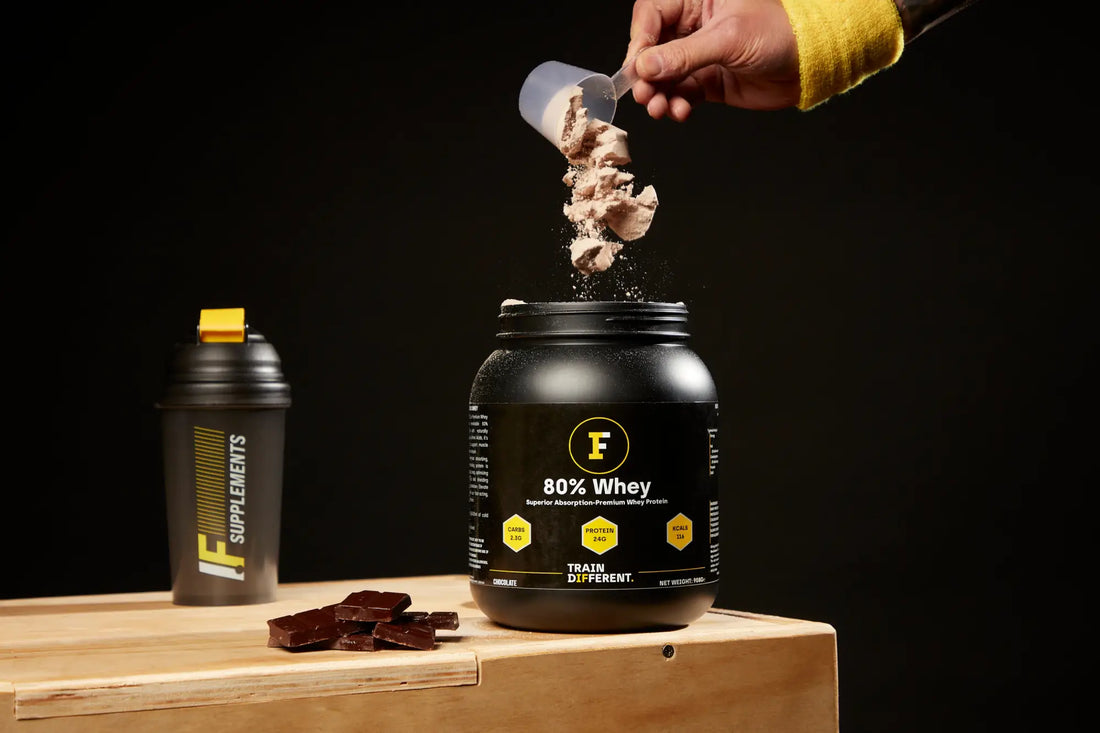
Post-Workout Recovery: Navigating the World of Protein and Beyond
Share
Post-Workout Recovery: Navigating the World of Protein and Beyond
After an intense workout session, prioritizing post-workout recovery is crucial for athletes and fitness enthusiasts alike. Effective recovery supports muscle repair, minimizes risk of injury, and allows you to continually progress toward your goals. Among the many vital elements for optimal recovery, nutrition—especially an emphasis on protein intake—plays a central role.
The Importance of Protein
Protein is fundamental in supporting both the repair and growth of muscle tissue following physical activity. An intense workout session subjects your muscles to mechanical stress and creates micro-tears. Consuming adequate protein provides your body with the necessary building blocks to efficiently repair these muscle fibers and drive muscle protein synthesis, resulting in stronger and more resilient muscles over time.
Adding a range of high-quality protein sources into your post-exercise meal plan can help optimize your recovery process. Examples include lean meats such as chicken, turkey, and fish; eggs and egg whites, which offer complete proteins; dairy products like milk, yogurt, and cottage cheese, which combine high biological value protein and other essential nutrients; and plant-based proteins from tofu, beans, or lentils, which are especially valuable for those following a vegetarian or vegan diet.
The Role of Amino Acids
Proteins consist of amino acids, crucial for both muscle structure and function. During digestion, dietary proteins break down into individual amino acids, which are then absorbed and used throughout the body. Of particular importance are branched-chain amino acids (BCAAs)—leucine, isoleucine, and valine—which directly influence muscle protein synthesis. Supplementing BCAAs, or ensuring your protein sources naturally contain them, can help accelerate muscle repair, reduce post-exercise muscle soreness, and promote quicker recovery between sessions.
Supplementing with Protein Powders
For those aiming to boost daily protein consumption efficiently, protein powders offer a practical solution. These supplements—available in varieties such as whey, casein, or plant-based options like pea and hemp protein—are easily mixed into shakes or other recipes for convenient use after an intense workout session. While protein powders can streamline the process of hitting your intake targets, it's beneficial to maintain a base of whole food protein sources, as they offer added vitamins, minerals, and fiber that support comprehensive nutrition. Using both whole foods and protein supplements together can enhance your ability to meet specific protein needs and improve overall post-workout recovery outcomes.
Other Key Nutrients for Recovery
While protein and amino acids are central to the recovery process, other nutrients also contribute significantly to repairing your body after exercise:
Listen to Your Body
It's important to customize your post-workout recovery strategy based on your unique needs and preferences. Pay attention to how your body responds to different types of protein or recovery approaches, and adjust accordingly for optimal benefits. Beyond nutrition, allow for adequate rest, prioritize high-quality sleep, and engage in proper stretching or mobility exercises to complement your dietary strategies. This well-rounded approach not only enhances muscle protein synthesis but also supports consistent improvement on your fitness journey.
With a clear understanding of the role that protein, amino acids, and supporting nutrients play, you can confidently navigate the world of post-workout recovery and ensure you are making the most of every intense workout session.